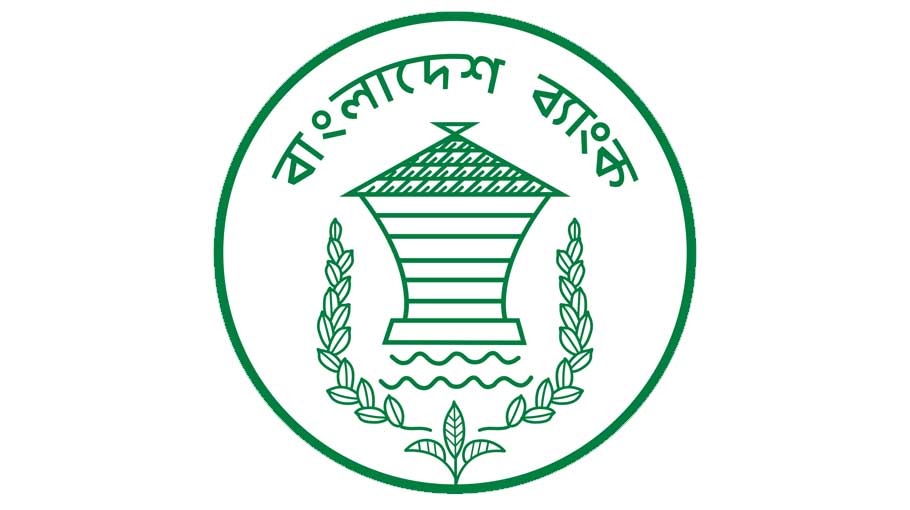Sharp rise in liquidity
Sluggish flow of credit to pvt sector amid pandemic blamed

Liquidity in banking system is on the rise as the surplus liquidity stood at Tk 223,800 crore till August this year due mainly to sluggish flow of credit to private sector amid Covid-19 pandemic.
Alongside, overall deposits in the banking sector till August this year was Tk 13, 65, 492 crore, which was 1.12 per cent more than the amount of July, according to Bangladesh Bank (BB).
Of the Tk 223,800 crore excess liquidity, Tk 97,600 crore excess liquidity was in the state-run banks, Tk 72800 crore in the private banks, Tk 29900 crore in Islamic private banks and the remaining Tk 23100 crore in foreign banks.
Read more: ICB Islamic Bank Limited Job Circular 2021
At the end of April this year, excess liquidity in the banking sector stood at Tk 201,546 crore, up from Tk198,400 crore a month ago.
To manage the liquidity, Bangladesh Bank (BB) mopped up a total of Tk 8,675 crore of excess liquidity from banks through two auctions recently.
Surplus liquidity in the country’s banking sector, which began to decline from January this year, started rising again in April owing to the second wave of the Covid-19 pandemic.
The demand for credit among businesses is still depressed owing to the second wave of the Covid-19 pandemic, which is one of the reasons for the increasing trend of excess liquidity, said bankers.
"Lower private sector credit growth has pushed up excess liquidity in the banking system," said a central bank official.
A leader of the Association of Bankers, Bangladesh (ABB), said lower private sector credit growth has also pushed up excess liquidity in the banking system.
The private sector credit growth came down to 8.42 per cent on an average in until September of the Fiscal year 2021-22 (FY22), the BB's latest data showed.
Sources said private sector credit growth decelerated continuously in the recent months following lower credit demand due to supply chain disruption amid the Covid-19 pandemic, said a private bank official.
Investment in private sector in August was 7.42 per cent whereas it was once rose from 21 to 22 per cent during pre-Covid-19 period.
"The epidemic did not reduce the income of a section of people, especially the businessmen. On the other hand, despite the increase in income, their expenses have decreased and despite having money, many of them are not showing interest in new investments," said the ABB leader.
For the wider interest of banks, BB on August 9 absorbed Tk 2,605 crore in excess liquidity from the banking system through seven-day and 14-day BB bills. On the second day (on August 10) of the auctions, they absorbed Tk 6,070 crore.
Some 41 banks participated in the auction for 30-day bills and purchased bills at a yield rate of 1.25 per cent. On the first auction day, for a seven-day term bill, the central bank's yield rate was 0.54 per cent and for a 14-day term bill, it was 0.75 per cent.




